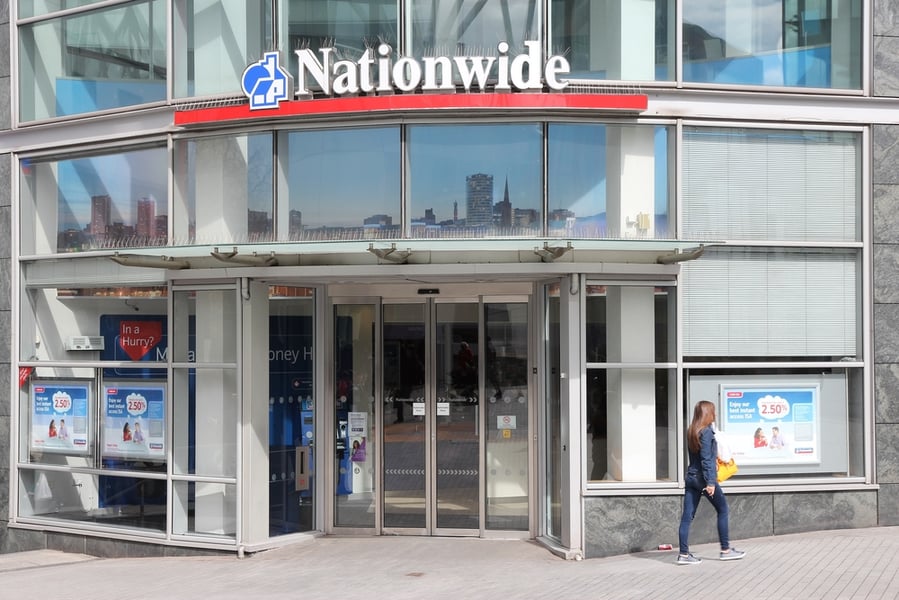In April yearly house price growth stood at 2.6%, down from 3.5% in March.

Annual house price growth is at its lowest level for nearly four years, Nationwide’s House Price Index has found.
In April yearly house price growth stood at 2.6%, down from 3.5% in March.
Monthly house prices fell by 0.4% in April and 0.3% in March.
Robert Gardner, Nationwide's chief economist, said: “It is too early to conclude whether the slowdown in house price growth is merely a blip, a reflection of the impact of the squeeze on household budgets, or is due to mounting affordability pressures in key areas of the country.
“Given the ongoing uncertainties around the UK’s future trading arrangements and the upcoming election, the economic outlook is unusually uncertain, and housing market trends will depend crucially on developments in the wider economy.”
He added: “Nevertheless, in our view, household spending is likely to slow in the quarters ahead, along with the wider economy, as rising inflation increases the squeeze on household budgets.
“This, together with mounting housing affordability pressures, is likely to exert a drag on activity and house price growth in the quarters ahead.
“However, the subdued level of building activity and the shortage of properties on the market are likely to provide support for prices. As a result, we continue to believe that a small increase in house prices of around 2% is likely over the course of 2017 as a whole.”
Jeremy Leaf, north London estate agent and a former RICS residential chairman, wasn’t surprised house price growth softened.
He said: “Bearing in mind the long run of house-price rises last year the market had to hit the buffers sooner or later, irrespective of the general election and Brexit.
“What we are seeing is homebuyers reaching an affordability ceiling and saying ‘no more’.
“Once again it is those sellers who are recognising it and the importance of concentrating on the difference between the selling price and the buying price, rather than being wedded to unrealistic figures, who are getting on with moving.
“Unless buyers and sellers recognise that the market is not what it was 12 months ago, further inertia and falls in transactions will result.”
But eMoov founder and chief executive Russell Quirk seemed surprised by the latest drop.
He said: "A further drop in property values certainly seems out of the ordinary for this peak time of year and is almost certainly being influenced by the decision to call a snap election.
“The market had shown promising signs of picking up after months of uncertainty caused by the lead up to Article 50 being triggered.
“But it would seem this latest cat amongst the pigeons has once again caused an unseasonal freeze amongst UK buyers and sellers.
“It is likely that this initial drop will be due to a snap election aftershock reverberating across the UK property sector and causing an almost immediate decline in price growth.
“But the heightened buyer demand that comes with this time of year should soon reverse this, if not before June, then immediately after the election dust has settled."
Jonathan Harris, director of mortgage broker Anderson Harris, felt tougher affordability measures are starting to bite.
He said: “There is a limit on the amount of borrowing people can take on.
“If this means people are not able to pay more than a house is really worth, than that will have an impact on property prices.”
David Copland, director of TMA Mortgage Club, urged brokers to look to remortgaging for business.
He said: “Across the country, more people are choosing to stay put rather than move, as property prices have risen considerably in the last two years.
“Homeowners have therefore seen their equity stakes increase which, when combined with rock bottom rates, has created an environment ripe for remortgaging.
“With house price rises now softening advisers need to help homeowners lock in this equity, particularly those on fixed rate products up for renewal.”



